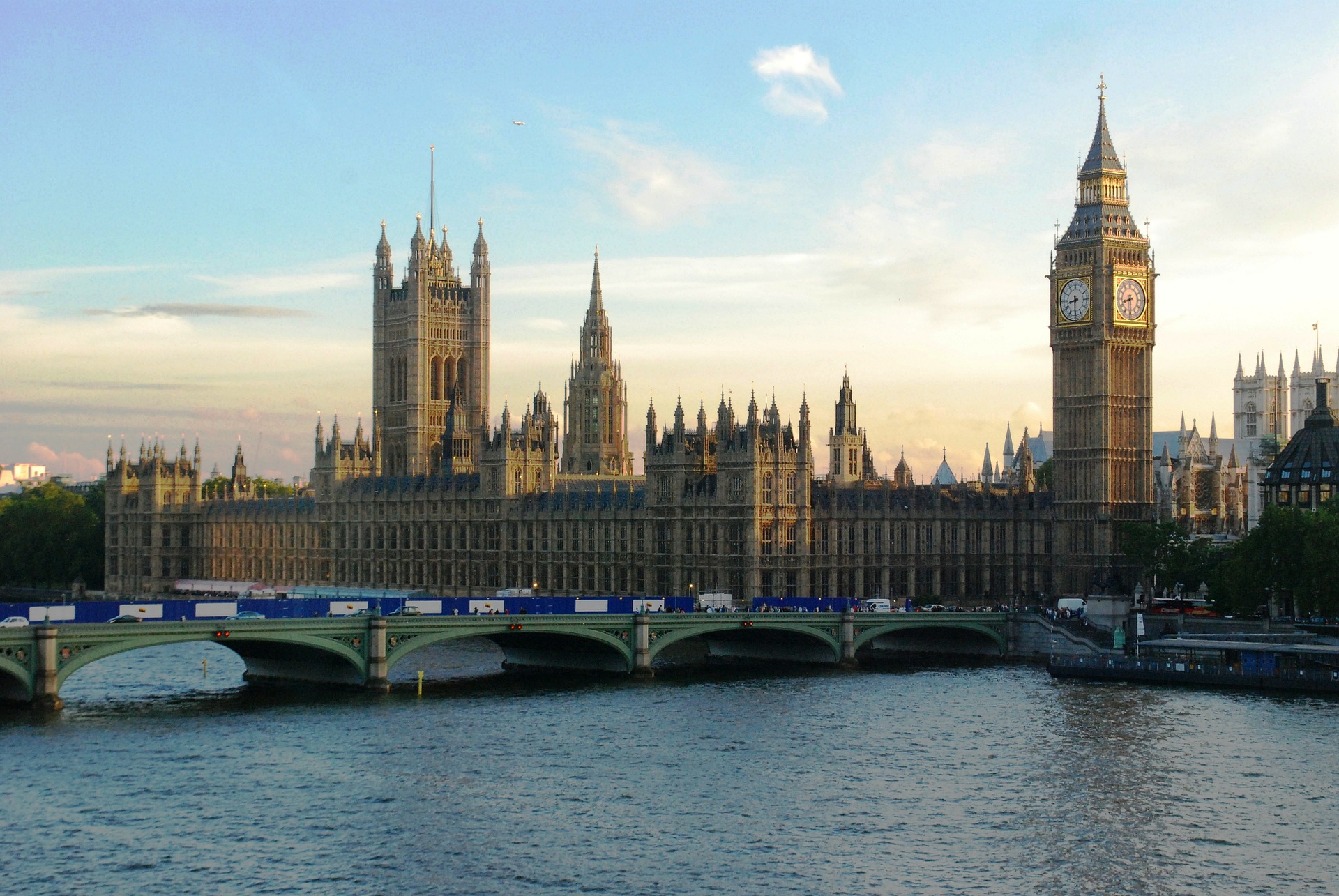
Clear the Lobby: What laws are MPs voting on this week (w/c 7th September)?
September 10, 2020R (GS) v HM Coroner for Wiltshire and Swindon [2020] EWCH 2007 (Admin)
September 10, 2020By Jasmine Cracknell
This appeal relates to the payment of inheritance tax on lifetime chargeable transfers; specifically pension funds. The long-running litigation between the parties concluded in the Supreme Court last month, with the court partially allowing the appeal.
The appellants were represented by David Rees QC and Hugh Cumber, who were instructed by Farrer and Co LLP. The respondent (HMRC) was represented by Elizabeth Wilson.
Background
Mrs Staveley, whose estate this case concerns, set up a business with her husband during their marriage. At that time, she was part of an occupational pension scheme with the company. Mrs Staveley and her husband then divorced and, soon after this, she fell ill with cancer. To prevent any surplus funds from her occupational pension being transferred back to the company where her husband still worked, she transferred her pension into a personal pension plan (PPP). Under this plan, a ‘death benefit’ would be paid on the death of the pension holder so long as no funds had been drawn from the pension during the holder’s lifetime. As Mrs Staveley did not take any pension benefits before her death, the death benefit was available to her beneficiaries, who she nominated to be her two sons.
When Mrs Staveley died, the death benefit was indeed paid to her sons, however HM Revenue and Customs (HMRC) determined inheritance tax (IHT) was due on the death benefit. This is because they categorised both the transfer of the pension fund from the occupational pension to the PPP and her decision not to draw from the fund as lifetime transfers of value and, therefore, subject to IHT. The executors of the estate: Mrs Staveley’s two sons and their solicitor, Mr Parry argued IHT was not due on either transaction.
The legal issues
The issue for the courts was to therefore determine whether the transfer of the fund to the PPP and Mrs Staveley’s omission to draw from the fund before her death were transfers of value under s.3 of the Inheritance Tax Act 1984. Under s3(3), transfers of value can include transfers which decrease the value of the transferor’s estate and increase the value of another’s estate (i.e. Mrs Staveley’s sons).
In the first instance, the First-tier Tribunal (Tax Chamber) found IHT was due on the omission to draw funds, however the Second-Tier Tribunal said neither transaction prompted a charge to IHT. On appeal, the Court of Appeal found differently to both tribunals in that they stated IHT was due on both the transfer AND the omission to draw funds from the PPP.
The Supreme Court’s decision
On appeal to the Supreme Court, the majority of the judges agreed with the finding of the First-tier Tribunal: that IHT was only due on the omission to take from the fund (and not the transfer). Lord Hodge and Lord Sales partly dissented.
Lady Black gave the lead judgement, addressing three main legal issues:
- The Transfer – Lady Black first assessed whether the transfer of the pension fund from the occupational pension to the PPP was a chargeable transfer of value. S.3(3) of the Act would suggest so, however, s.10 states a disposition that “was not intended..to confer any gratuitous benefit on any person” is not a “transfer of value”, so no IHT could be charged. This is the key section that applied to the transfer; as Mrs Staveley had transferred the pension fund with the intention of preventing her ex-husband gaining access to it, rather than to benefit her sons, s.10 of the Act applied and no IHT could be charged on the transfer.
- The Transfer and Omission – Lady Black then went on to consider the Court of Appeal’s argument that the transfer and the omission could be construed as related actions or part of a scheme to benefit Mrs Staveley’s sons. She ultimately rejected this argument, stating that Mrs Staveley could have left her sons a death benefit without having to transfer the funds prior. She said:
“The omission had already been decided upon whilst the funds were in the section 32 policy and the sons could have benefitted from it without any move to the PPP…The omission and the transfer were not therefore, in my view, relevantly associated.”
- The Omission – Lady Black explained Mrs Staveley’s omission to take from the fund before her death WAS a transfer of value and, therefore, subject to IHT. This is because the death benefit increased the value of her sons’ estates and decreased the value of her own, per s.3(3) of the Act.
Lord Hodge’s dissenting judgement, with which Lord Sales agreed
Lord Hodge and Lord Sales disagreed with the findings of the other judges. Whilst they agreed with Lady Black on the transfer issue and the omission issue (points 1 and 3 above), they disagreed with point 2. Instead, they believed that because Mrs Staveley intended to benefit her sons BEFORE transferring to the PPP, this formed part of her motivation to transfer (rather than her sole motivation being to prevent her ex-husband receiving her pension money). Thus, they believed s.10 did not apply to the transfer and IHT ought to be payable on this too.
What does this case tell us?
This case demonstrates pension fund transactions can be subject to IHT. The differing opinions between the judges, however, could suggest legislation in this area is not as clear as it could be and may lead to inconsistent results.




